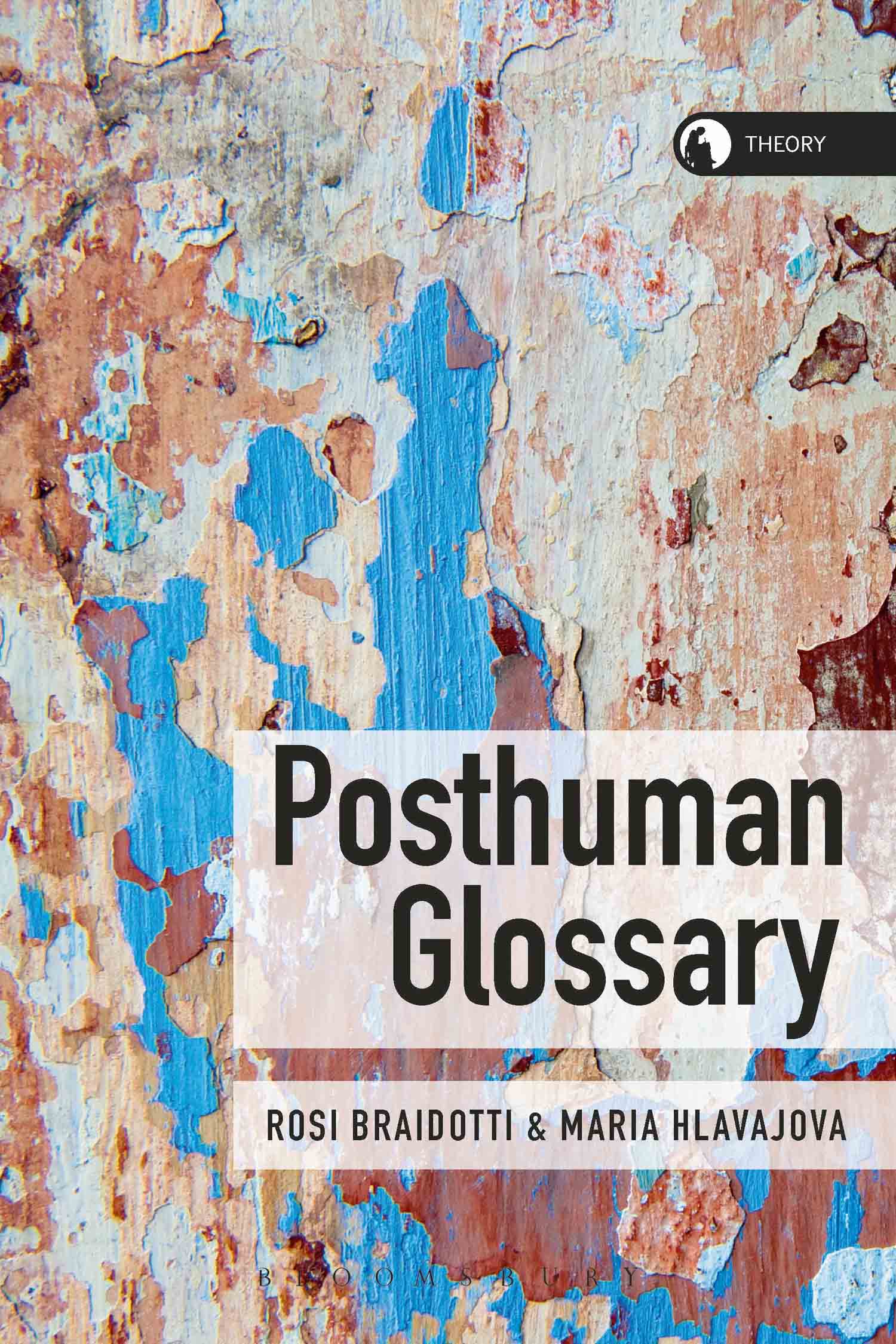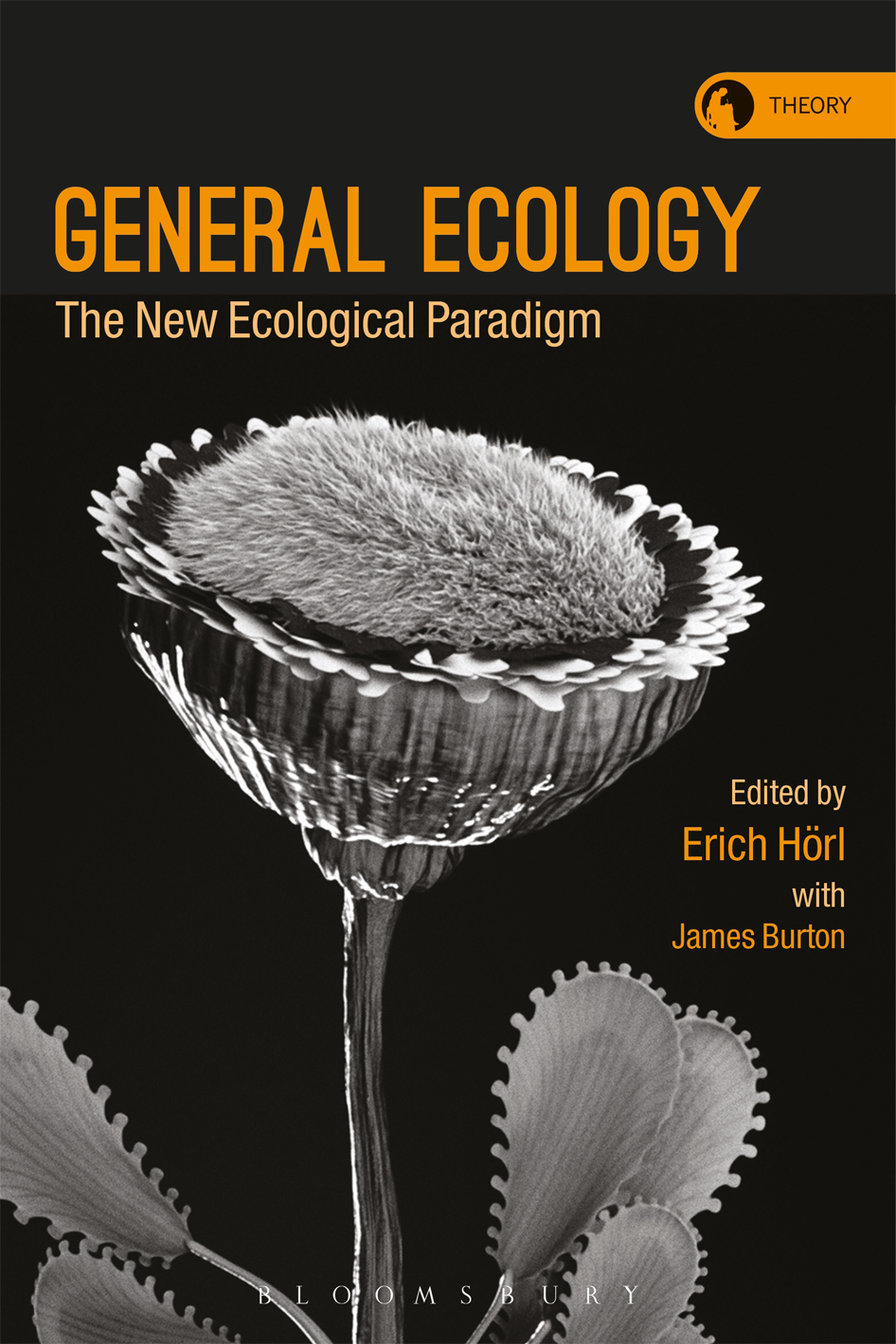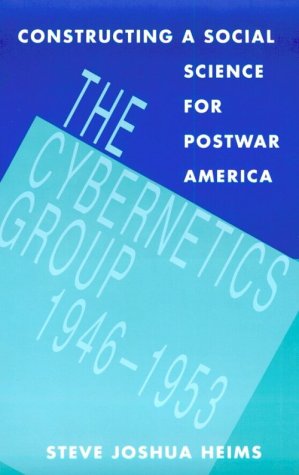Rosi Braidotti, Maria Hlavajova (eds.): Posthuman Glossary (2018)
Filed under book | Tags: · activism, algorithm, anthropocene, art, body, capitalism, capitalocene, cybernetics, ecology, feminism, human, inhuman, new materialism, philosophy, posthuman, posthumanism, theory

“If art, science, and the humanities have shared one thing, it was their common engagement with constructions and representations of the human. Under the pressure of new contemporary concerns, however, we are experiencing a “posthuman condition”; the combination of new developments–such as the neoliberal economics of global capitalism, migration, technological advances, environmental destruction on a mass scale, the perpetual war on terror and extensive security systems–with a troublesome reiteration of old, unresolved problems that mean the concept of the human as we had previously known it has undergone dramatic transformations.
The Posthuman Glossary> is a volume providing an outline of the critical terms of posthumanity in present-day artistic and intellectual work. It builds on the broad thematic topics of Anthropocene/Capitalocene, eco-sophies, digital activism, algorithmic cultures and security and the inhuman. It outlines potential artistic, intellectual, and activist itineraries of working through the complex reality of the ‘posthuman condition’, and creates an understanding of the altered meanings of art vis-à-vis critical present-day developments. It bridges missing links across disciplines, terminologies, constituencies and critical communities. This original work will unlock the terms of the posthuman for students and researchers alike.”
Publisher Bloomsbury Academic, 2018
Theory series
ISBN 1350030252, 9781350030251
xxxii+538 pages
Erich Hörl, James Burton (eds.): General Ecology: The New Ecological Paradigm (2017)
Filed under book | Tags: · affect, anthropocene, biopolitics, capitalism, cybernetics, ecology, general ecology, life, nature, philosophy, systems theory, theory

“Ecology has become one of the most urgent and lively fields in both the humanities and sciences. In a dramatic widening of scope beyond its original concern with the coexistence of living organisms within a natural environment, it is now recognized that there are ecologies of mind, information, sensation, perception, power, participation, media, behavior, belonging, values, the social, the political… a thousand ecologies. This proliferation is not simply a metaphorical extension of the figurative potential of natural ecology: rather, it reflects the thoroughgoing imbrication of natural and technological elements in the constitution of the contemporary environments we inhabit, the rise of a cybernetic natural state, with its corresponding mode of power. Hence this ecology of ecologies initiates and demands that we go beyond the specificity of any particular ecology: a general thinking of ecology which may also constitute an ecological transformation of thought itself is required.
In this ambitious and radical new volume of writings, some of the most exciting contemporary thinkers in the field take on the task of revealing and theorizing the extent of the ecologization of existence as the effect of our contemporary sociotechnological condition: together, they bring out the complexity and urgency of the challenge of ecological thought-one we cannot avoid if we want to ask and indeed have a chance of affecting what forms of life, agency, modes of existence, human or otherwise, will participate-and how-in this planet’s future.”
With texts by Erich Hörl, Luciana Parisi, Frédéric Neyrat, Bernard Stiegler, Didier Debaise, Jussi Parikka, Bruce Clarke, Cary Wolfe, David Wills, James Burton, Elena Esposito, Timothy Morton, Matthew Fuller and Olga Goriunova, and Brian Massumi.
Publisher Bloomsbury Academic, London/New York, 2017
ISBN 9781350014695, 1350014699
xv+384 pages
Steve Joshua Heims: The Cybernetics Group (1991)
Filed under book | Tags: · computing, cybernetics, history of computing, history of science, history of technology, information theory, machine, technology

“This is the engaging story of a moment of transformation in the human sciences, a detailed account of a remarkable group of people who met regularly from 1946 to 1953 to explore the possibility of using scientific ideas that had emerged in the war years (cybernetics, information theory, computer theory) as a basis for interdisciplinary alliances. The Macy Conferences on Cybernetics, as they came to be called, included such luminaries as Norbert Wiener, John von Neumann, Margaret Mead, Gregory Bateson, Warren McCulloch, Walter Pitts, Kurt Lewin, F. S. C. Northrop, Molly Harrower, and Lawrence Kubie, who thought and argued together about such topics as insanity, vision, circular causality, language, the brain as a digital machine, and how to make wise decisions.
Heims, who met and talked with many of the participants, portrays them not only as thinkers but as human beings. His account examines how the conduct and content of research are shaped by the society in which it occurs and how the spirit of the times, in this case a mixture of postwar confidence and cold-war paranoia, affected the thinking of the cybernetics group. He uses the meetings to explore the strong influence elite groups can have in establishing connections and agendas for research and provides a firsthand took at the emergence of paradigms that were to become central to the new fields of artificial intelligence and cognitive science.
In his joint biography of John von Neumann and Norbert Wiener, Heims offered a challenging interpretation of the development of recent American science and technology. Here, in this group portrait of an important generation of American intellectuals, Heims extends that interpretation to a broader canvas, in the process paying special attention to the two iconoclastic figures, Warren McCulloch and Gregory Bateson, whose ideas on the nature of the mind/brain and on holism are enjoying renewal today.”
Paperback edition appeared under the title Constructing a Social Science for Postwar America: The Cybernetics Group (1946–1953) in 1993.
Publisher MIT Press, 1991
ISBN 0262082004, 9780262082006
xii+334 pages
Reviews: N. Katherine Hayles (Hist Human Sciences, 1992), R.V. Jones (New Scientist, 1992), Carlos A. Martínez-Vela (2001).
PDF (3 MB, updated on 2018-7-25)
Comment (1)
